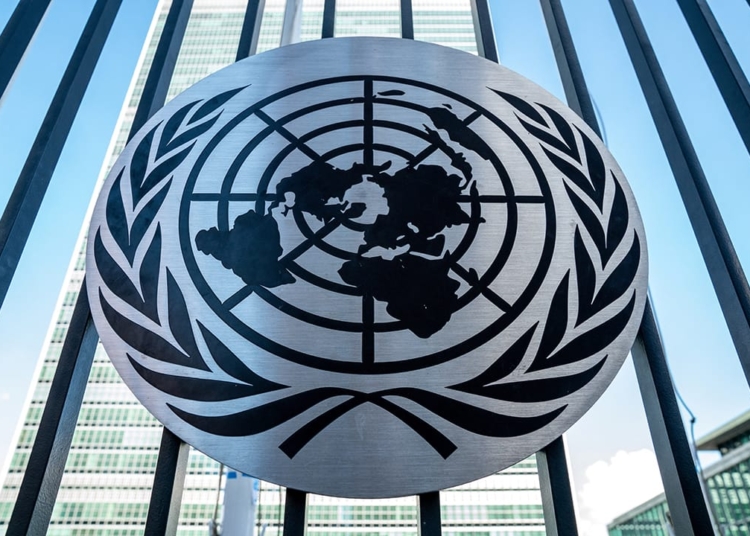This article discusses the emerging threats in the 21st century and how defense policies are adapting to address these challenges. The rapid evolution of technology, globalization, and changing geopolitical dynamics have presented unprecedented challenges for nations worldwide. The article covers various threats, including cybersecurity, terrorism, space security, climate change, and hybrid warfare. Defense policies are now focusing on enhancing cybersecurity capabilities, intelligence sharing, international collaborations, space situational awareness, disaster relief operations, and countering unconventional threats. The adaptability and innovation of defense policies are crucial in the face of these evolving challenges to ensure the security and prosperity of nations.
Emerging Threats in the 21st Century: How Defense Policies Adapt to Geopolitical Challenges
Introduction
The 21st century has brought forth unprecedented challenges for defense policies around the world. With the rapid evolution of technology, globalization, and changing geopolitical dynamics, nations are facing a wide range of emerging threats that require constant adaptation. In this article, we will explore some of the key threats that have emerged in recent years and how defense policies are adapting to address these challenges.
Cybersecurity: The Digital Battlefield
One of the most prominent threats in the 21st century is the rise of cybersecurity risks. With increasing reliance on digital infrastructure, nations are vulnerable to cyber attacks that can cripple critical systems and compromise sensitive information. Defense policies now allocate significant resources to enhance cybersecurity capabilities, including establishing specialized cyber defense units and cooperation with international partners to share best practices and intelligence.
Terrorism: A Persistent Threat
Terrorism remains a persistent threat in the 21st century, with non-state actors utilizing asymmetric tactics and technology to target civilian populations. Defense policies have evolved to focus on intelligence sharing, international collaborations, and counter-terrorism operations. The changing nature of terrorism, such as the rise of lone-wolf attacks and the use of online platforms for radicalization, requires continuous adaptation in defense strategies.
Space: The Final Frontier of Security
The expanding presence of nations in space has introduced a new dimension of security challenges. As more countries develop space capabilities, the risk of weaponization and space debris poses threats for defense policies. Governments are now investing in space situational awareness systems, surveillance technologies, and international agreements to ensure the peaceful use of outer space. The defense policies are adapting to the evolving space security landscape to protect national interests.
Climate Change: Defense in the Face of Natural Disasters
Climate change has become a significant concern in the 21st century, impacting geopolitical dynamics and security. Defense policies now have to adapt to address the increased frequency and intensity of natural disasters. Military forces are being increasingly utilized for disaster relief operations, as well as preparing for potential conflicts arising from resource scarcity and territorial disputes due to climate-induced migration.
Hybrid Warfare: Blurring Traditional Boundaries
The era of hybrid warfare has emerged in the 21st century, blurring the lines between conventional and unconventional threats. These tactics include the use of misinformation, cyberattacks, economic pressure, and irregular forces. Defense policies must now integrate intelligence, cyber capabilities, and rapid response mechanisms to counter such threats effectively.
Conclusion
The 21st century has witnessed the emergence of various threats that challenge defense policies worldwide. The need for adaptability and innovation is paramount in a rapidly evolving global landscape. From cybersecurity and terrorism to space security and climate change, defense policies are constantly evolving to address these emerging challenges effectively. By staying ahead of these threats, nations can ensure the security, stability, and prosperity of their citizens.













